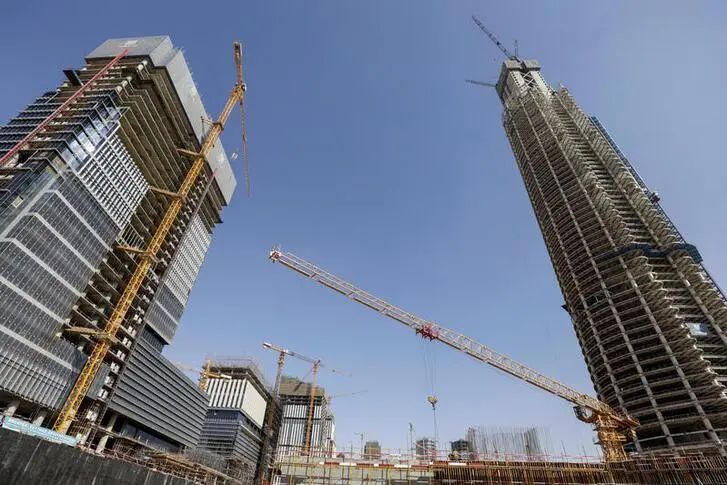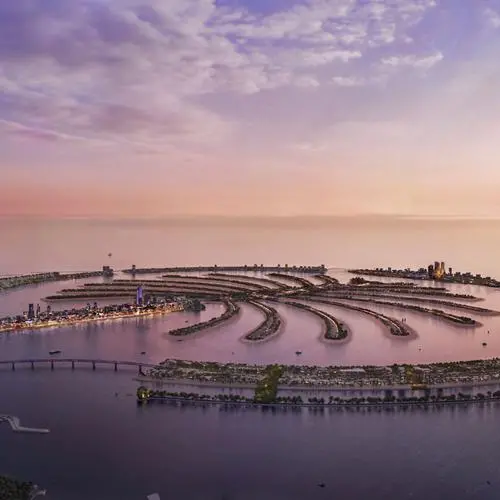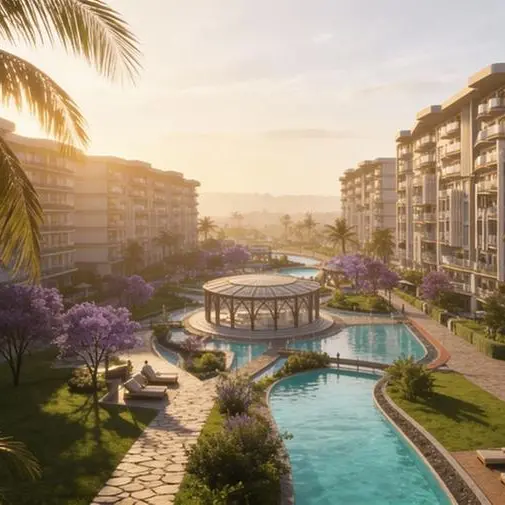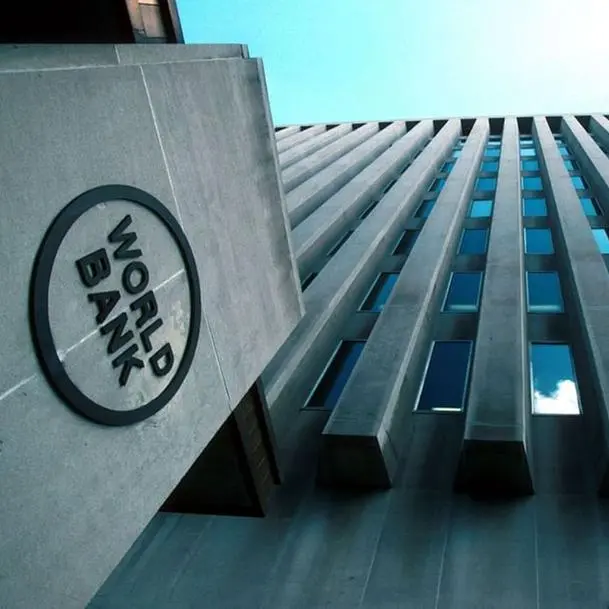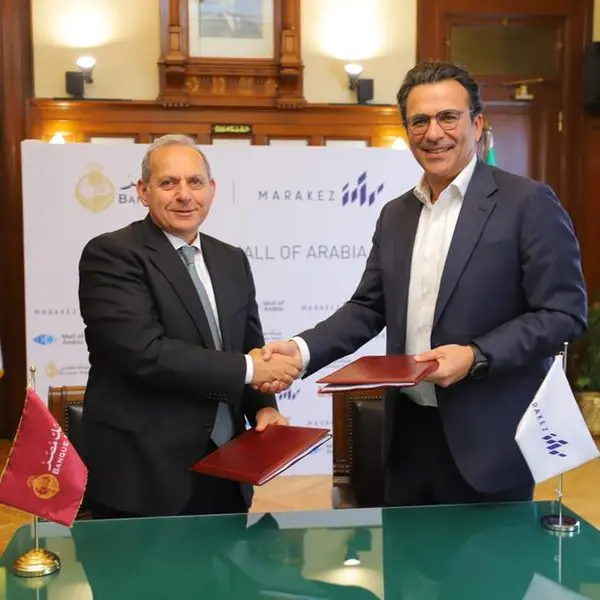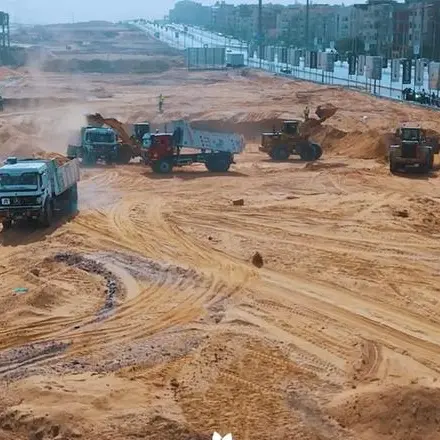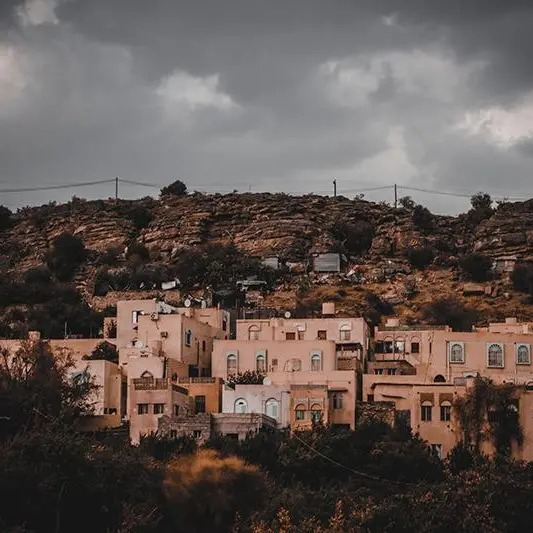PHOTO
Egypt plans to build 15 new fourth-generation cities in the coming years to house the country’s growing population, provide residents with high-quality amenities and services, create investment and job opportunities and reduce pressure on existing cities.
Prime Minister Mostafa Madbouly said at the Builders of Egypt Forum in Cairo that new cities would take the total number of integrated cities in Egypt to 30 as 15 previously announced cities are in various stages of development.
The existing projects include New Administrative Capital, New Alamein City, East Port Said (Salam), New Mansoura, New Ismailia, El Galala, New Sheikh Zayed, October Oasis, West Beni Suef, New Mallawi, Nasser (West Assiut), West Qena and New Toshka.
According to the official website for the Ministry of Housing, fourth-generation cities are planned urban developments that integrate advanced infrastructure and ICT technologies.
Ahmed Shalaby, CEO and Managing Director of Tatweer Misr, told Zawya Projects that fourth-generation cities are needed to keep pace with the challenges of climate change and achieve sustainability.
“But we must consider that investing in sustainable projects needs sound foundations in the early stages, starting with planning, design, infrastructure, and management and operation. Despite their high costs, these cities achieve real savings for the end-user, as they allow him to significantly reduce expenses and achieve high quality of life.”
Ahmed Al-Attal, CEO of Al Attal Group, said he believes the future belongs to fourth-generation cities like the NAC, which is Egypt’s first smart city and one of the top sustainable cities in the world.
He said smart cities should be coupled with industrial zones, citing the presence of an industrial zone in New Alamein City as the driving factor behind its success.
Al-Attal said the industrial zone had attracted investors and workers, which helps sustain the new city, adding that the government is studying extending tax exemptions beyond three years to attract more investors for its smart cities.
Tarek Bahaa, CEO of Menassat Real Estate Development, said that fourth-generation cities enable the development of new types of multi-use real estate products that keep pace with the future, but a significant challenge is the procurement and local availability of smart city technologies and solutions.
“We need a larger number of companies with competencies and capabilities capable of scaling up, as well as providing these solutions at competitive prices, so that final real estate product isn’t expensive,” he said.
Alaa Fekry, Chairman of Beta Egypt for Urban Development, said fourth-generation cities could be successful only if their additional costs translate into benefits for all parties, adding that for developers, the price of the land represents more than 50 percent of the property value.
He said the state should provide more incentives for developers to invest in smart cities since the Egyptian real estate sector faces challenges from rising interest rates, material cost inflation, and supply chain repercussions of the Russian-Ukrainian war.
(Reporting by Marwa Abo Almajd; Editing by Anoop Menon)
(anoop.menon@lseg.com)
